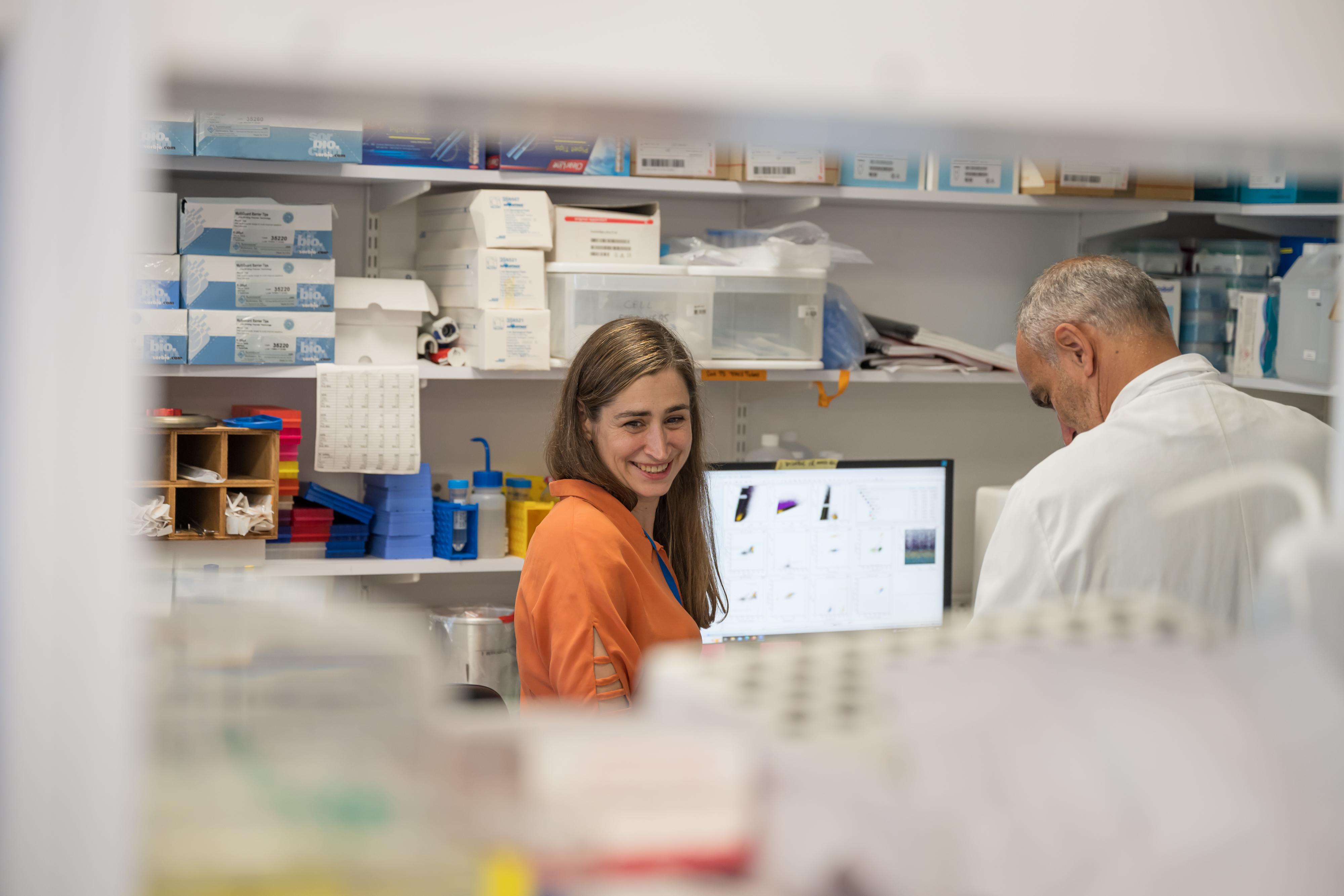Vitamin D is essential for our body: its role is to promote the absorption of calcium and phosphorus by the intestine, which contributes to the mineralization of bones, cartilage and teeth. Vitamin D is also involved in immunity – that is, the body’s defense against infections.
Our body is able to “manufacture” vitamin D from cholesterol under the action of UVB rays emitted by the sun. However, there are dietary sources of vitamin D (herring, sardines, tuna, salmon, etc.) which make it possible to cover the recommended daily allowances – which are 5 µg per day for an adult.
Vitamin D supplementation during pregnancy to promote healthy fetal development
According to a recent study by Seattle Children’s Research Institute (in the United States), a higher consumption of vitamin D during pregnancy is associated with a higher intelligence quotient (IQ) in children, around the age of 4-6 years.
To reach this conclusion, the researchers (who published their work in the Journal of Nutrition) worked on medical data collected from pregnant women from 2006. Scientists discovered that vitamin D deficiency was common in pregnant women (with 46% of future mothers in the study concerned) and especially in black women.
During pregnancy, the vitamin D intake recommended by the French National College of Gynecologists and Obstetricians (CNGOF) are 10 mg per day (or 400 IU / day). According to the World Health Organization (WHO), a vitamin D deficiency during pregnancy is associated with an increased risk of preeclampsia, gestational diabetes and prematurity.
Read also :
- Fatigue: how to properly digest the transition to winter time
- Fatigue: bet on vitamin C


















